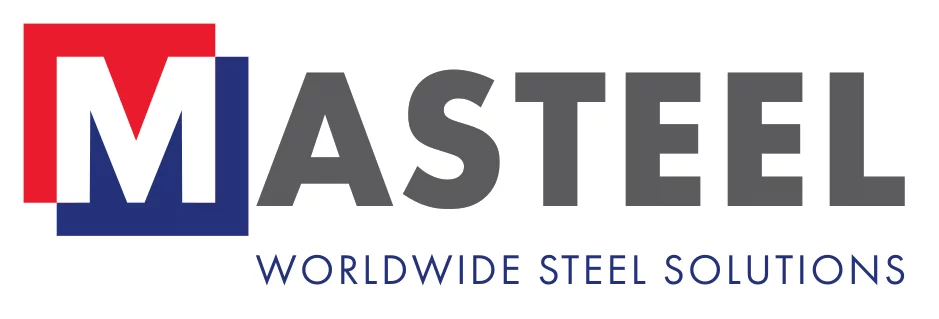Selecting the appropriate pressure vessel plate material is extremely important, saving money, time and even lives in some instances. Masteel are 304h stainless steel suppliers, offering an optimum material for use in pressure vessel plates.
What is a Pressure Vessel Plate?
A pressure vessel is a container which has been designed to house gases or liquids which are at a significantly different pressure to the outside atmosphere. Because of their volatility, pressure vessels can be extremely dangerous and fatal accidents have occurred with the use of these vessels.

This is why it is critical that they are fitted with the appropriate materials to ensure they are both safe and cost-effective. A pressure vessel plate is a term used to describe a variety of grades of steel, such as 304h stainless steel, which are created for use inside a vessel which houses liquids or gases at high pressure.
Factors to Consider When Choosing a Pressure Vessel Plate
Various steel grades which are used for pressure plating should be considered carefully to ensure the optimum grade is selected. Many compressed gases are kept at cryogenic temperatures and as such, the steel selected must have a low brittle-ductile transition temperature and a high tensile strength in order to withstand the pressures. Materials must also be weldable without compromising mechanical properties in order to create an air tight seal.
Benefits of 304h Stainless Steel
304h stainless steel is an optimum solution for pressure vessel plate materials. It is an austenitic stainless steel which is made up of a blend of chromium (18%) and nickel (8%).
304h stainless steel is an extremely robust material, boasting of excellent yield strength, anti-corrosive properties and outstanding shock resistance. It also possesses exceptional physical durability, tolerating even extreme thermal conditions. This resilience is partially due to 304h stainless steel’s high carbon content, which can be up to 0.08% compared to 304L’s maximum of 0.03%.
304h stainless steel is clearly superior to many other alloys. It has good workability, meaning it can be easily welded to create an air-tight seal to form a pressure vessel plate. 304h stainless steel can also be used in pressure vessels working in service about 525° C as it has exceptional heat-resistant properties.
304h stainless steel is commonly used in industrial boilers, heat exchangers, pipelines, condensers in addition to pressure vessels. This wide variety of uses is characterized by the necessity for a material with the appropriate thermodynamic properties for the job.
304h Stainless Steel Suppliers
At Masteel, we consider ourselves the foremost 304h stainless steel suppliers in the UK, providing an ideal solution for pressure vessel plate material selection. Take a look at our 304h stainless steel grade specification page for more information. Or, contact us if you have any questions.
